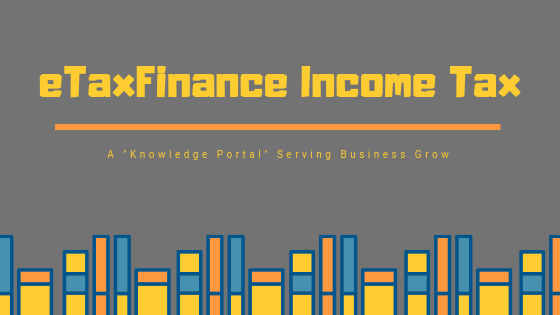|
|
Introduction:
TDS on salary falls under the purview of Section 192 of Income Tax Act. Salary is the compensation that an individual receives for providing services to a company as per the contract between two parties – an employer and an employee. Under Section 192 of Income Tax Act employers are entitled to deduct tax at source on the salary amount payable to an employee.
According to Income Tax Act, 1961, a salary includes wages, commission or fees profits or perquisites on salary, pension or annuity, salary advance etc. So, all income cannot be termed as Salary.
TDS Rate On Salary:
The TDS rate on salary depends on the income you receive from your employer, based on which you fall into different tax slab rates. According to the tax slab, the rate for your TDS deduction on salary will range from 10% to 30%.
Who Deducts TDS On Salary:
The employer has to deduct the tax at the time of initiating the salary every month. This amount deducted in the form of TDS is then deposited with the government through the employer. Following employers can deduct TDS on salary:
i) Individuals
ii) HUFs
iii) Partnership firms
iv) Public and Private companies
v) Trusts
TDS Calculation on Salary:
The Cost to Company (CTC) that the employer puts in front of you at the time of joining usually comprises different components, such as a travel allowance, medical allowance, house rent allowance, dearness allowance, special allowances, basic salary, and other additional allowances.
The CTC is divided into two major categories : salary and perquisites.
The salary is the basic amount that you receive in hand and the perquisites includes benefits and facilities that the employer provides for different expenses, like hotel, fuel, canteen, travelling and more.
TDS calculation on salary is based on the estimate of all of these perks, benefits and the salary that you get from your employer.
TDS Statements:
The employer has to provide Form 16 that contains the information of salary, including the amount paid and the tax deducted. This may also be accompanied by Form 12B to display specific profits as far as the salary is concerned.
Employer must pay the deducted amount to the government authorities before the due date.
When does TDS get Deducted?
TDS is deducted at the time when the actual salary is being paid.
The tax shall also be deducted in case the employer is paying salary in advance, or if you are receiving any sort of arrears from your employer. However, if your estimated salary does not exceed the basic limit of exemption, TDS is not going to be deducted.
How is TDS on Salary Computed?
TDS on salaried income has to follow these basic steps:
STEP 1: Calculating total earning
Calculate the total earnings an employee accrues over a year.
STEP 2: Calculating total amount eligible for the exemption
The employer is accountable for calculating the total amount that is considered for tax exemption. The employee needs to declare the type of amount that is eligible for exemption.
STEP 3: Obtaining declaration and investment proof
The employer is required to collect investment and proofs from employees.
STEP 4: Depositing TDS deductions
The collected TDS must be deposited to the Central government by the employer.
For more details contact out team at +91-7991109093 or drop email us at [email protected]
Note: This Post was last updated on January 24, 2023
Disclaimer: The entire contents of this document have been prepared on the basis of relevant provisions and as per the information existing at the time of the preparation i.e. January 24, 2023. Although care has been taken to ensure the accuracy, completeness and reliability of the information provided, We assume no responsibility therefore. Users of this information are expected to refer to the relevant existing provisions of applicable Laws. The user of the information agrees that the information is not a professional advice and is subject to change without notice. We assume no responsibility for the consequences of use of such information. IN NO EVENT SHALL WE SHALL BE LIABLE FOR ANY DIRECT, INDIRECT, SPECIAL OR INCIDENTAL DAMAGE RESULTING FROM, ARISING OUT OF OR IN CONNECTION WITH THE USE OF THE INFORMATION.


